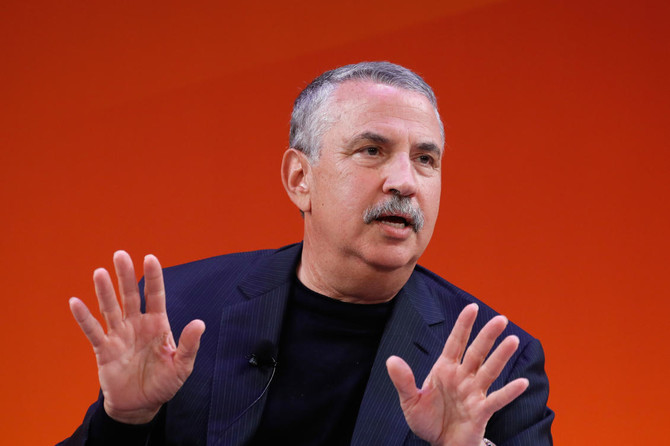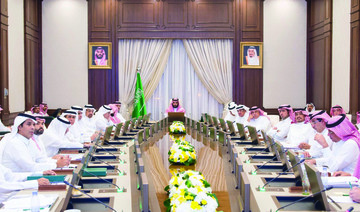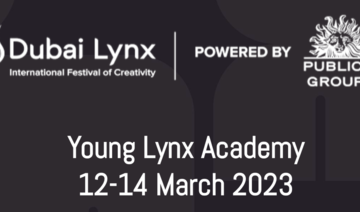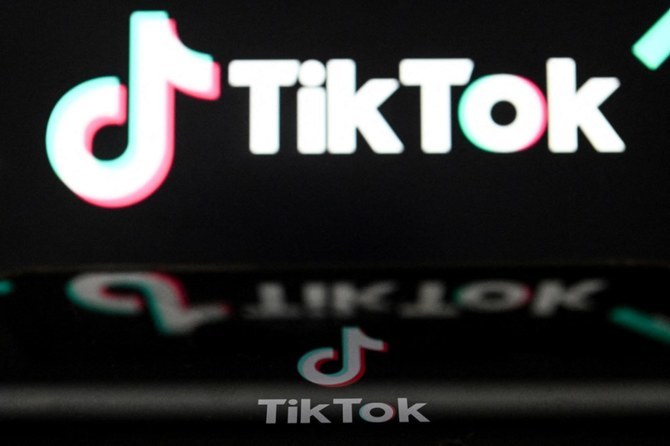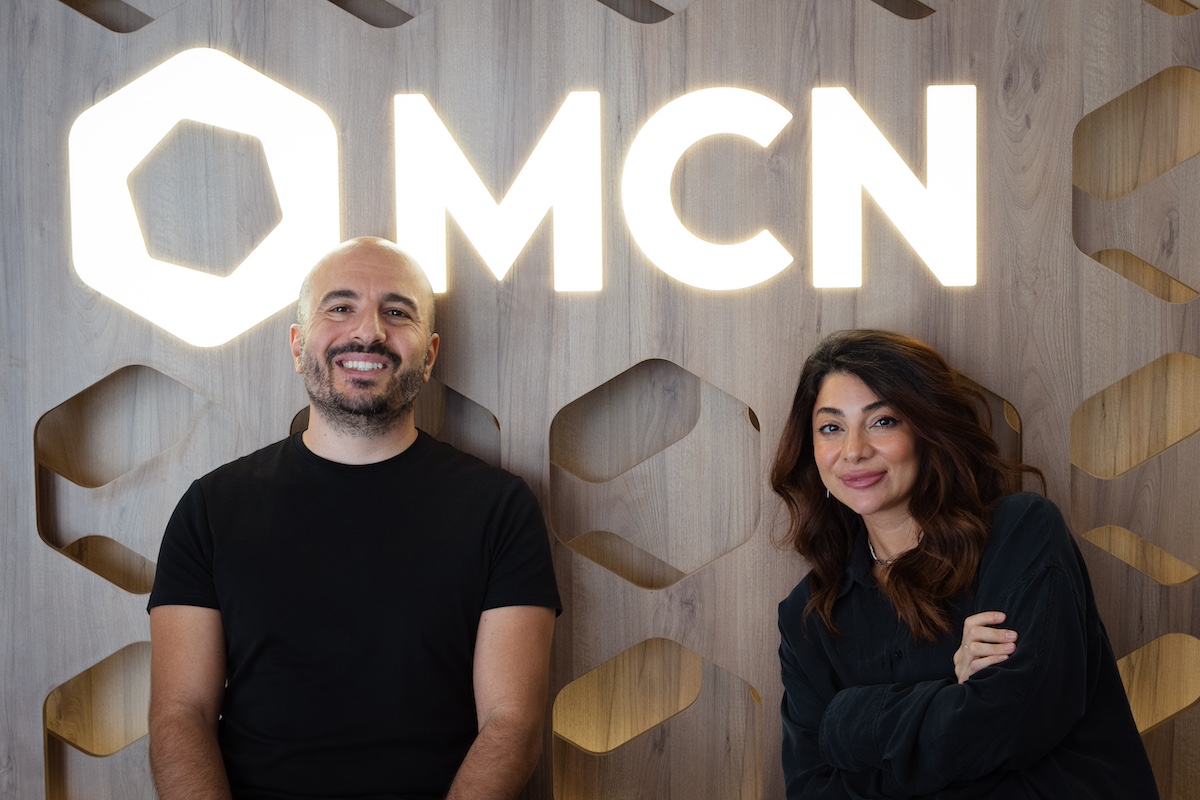WASHINGTON: New York Times columnist Thomas Friedman is one of America’s most prominent journalists. The three-time Pulitzer Award winner reported from Beirut during much of the Lebanese civil war, and has been a foreign affairs columnist for The New York Times since 1995.
He has interviewed Saudi Arabia’s Crown Prince Mohammed bin Salman twice in the past three years, having conducted similar interviews with nearly every Arab head of state from the past 20 years.
Friedman spoke recently about the recent changes he’s witnessed in Saudi Arabia, and how to counter the impact of “fake news.”
You’ve been to Saudi Arabia three times in the past two years. Tell us about your experiences there.
What always interests me when I go to Saudi Arabia is that it’s more interesting than I expect. The image (outsiders have of Saudi Arabia) is that it’s a very conservative place, but every time I go I meet young people who I find extremely interesting, extremely open, extremely curious to know about the world, and extremely patriotic. They really want their country to succeed and be a place where young people can realize their full potential.
What about Crown Prince Mohammed bin Salman, who you’ve interviewed twice?
I think what he has done to reclaim Islam for its truly open and pluralistic character is hugely important for Saudi Arabia, for the Arab Muslim world, and for the world. I think the second thing he’s doing that’s hugely important is trying to get the educational tools and the rules and regulations right in Saudi Arabia so every Saudi can realize his or her full potential. My motto about Mohammed bin Salman is simple: Only a fool would predict (the success of his reform plans), but only a fool in my view would root against him.
How do you view the current relationship between Saudi Arabia and the US?
I am not a Trump fan ... but I am a fan of America (surely). I believe that having a good relationship between whoever’s the administration in America and Saudi Arabia is generally important and a valuable thing. What I worry about is that the Trump people are obsessed with Iran.
I know that Saudi Arabia and the crown prince are deeply concerned about the Iranian threat. I totally get it. But what I’m concerned about is that Saudi Arabia could spend so much time, energy, and money chasing the Iranians militarily that it can be a huge distraction, whereas what I’ve been advocating in my own conversations with the crown prince, is to beat them at soft power. Out-reform them.
Do you support the decision of President Trump to move the US embassy to Jerusalem?
I thought that was incredibly stupid. When the White House called me and told me (about the move), I had one question for them: “What did you get in return?” (Trump) could have been able to say, “I did something that not only overcame this long obstacle but I advanced the peace process” (if he’d got concessions from Israel). Instead of doing that, Trump just gave it to (Netanyahu) for free! That is incredibly stupid. I called it the “Art of the Giveaway,” not the “Art of the Deal.”
How do you see the competition between the traditional media and social media now?
If I write a column (on The New York Times website) it goes all over the world immediately to probably 20 million people from Riyadh to Tokyo to Hong Kong. If I write that in the dead tree edition, the paper edition of the New York Times, it goes to (maybe) a million people in New York city and around the country. So my thinking today is only really on the online edition, that’s where I’m really focused. On the other hand, I’m a bad person to ask about social media because I never look at Twitter and I don’t have a Facebook page.
There’s increasing talk from President Trump about “fake news,” which is a tactic that’s been used by Russian, Syrian and Turkish governments. What should the reaction of the mainstream media be?
Trump calls anything he doesn’t like “fake news.” When the US president does that, it’s very insidious, and very dangerous. The good news is that subscriptions to The New York Times have soared since Donald Trump (was elected) because it turns out a lot of people want news they can trust, news that’s edited. We don’t get everything right, we make mistakes, but when we do we correct them.
It turns out a lot of people want that kind of news and that’s why The New York Times and Washington Post have never been healthier as news organizations. We (at The New York Times) now today have more editors, reporters, photographers and videographers than we’ve ever had in the history of the paper.
Originally published in Asharq Al-Awsat


